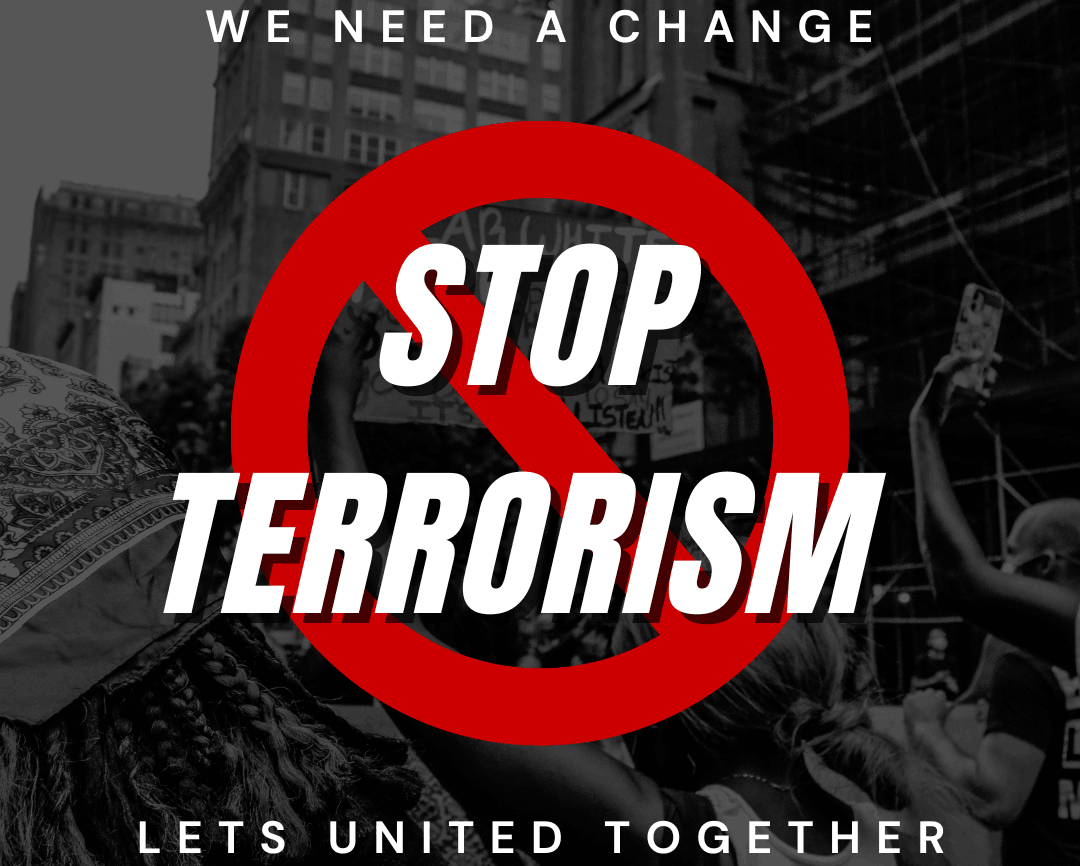President Theodore Roosevelt originated a foreign policy idea that he characterized as to “speak softly and carry a big stick.” In other words: Presidential rhetoric in the foreign policy realm was to be clear and concise and never vitriolic. But along with the controlled messages, Presidential policy towards aggressive nations carried with it the implied threat of a strong military. The Biden administration however, continues foreign policy doctrine that was in recent times practiced by the Obama administration: that is, occasionally speak loudly and don’t carry a stick, at all.
Consider the following foreign policy debacles from during the Obama years with his Secretary of State, Hilary Clinton and now from the Biden Presidency with Secretary Blinken:
- President Obama entered his Presidency determined to withdraw U.S. troops from Iraq. So with haste and a lack of planning his quick withdrawal, its timing having been broadcast to his enemies in the region, resulted in the horror of ISIS’ genocide and destruction.1
- Obama, as a part of his nuclear “deal” with Iran, delivered $400 million in cash (the first of $1.3 Billion paid apparently in bales deposited on a Teheran runway) to appease Iran’s leadership to release 4 American hostages being held by the Iranians. In so doing, he encouraged further hostage taking by Iran and its proxies while facilitating their development of nuclear weapons.2
- In 2012 President Obama with drama, warned Syrian President Bashir Al-Assad against crossing Obama’s famous “red line” using chemical weapons against his own people; implying that if he did so, he would suffer unspecified consequences. In 2013 Al-Assad went ahead and used chemical weapons on his people and Obama did nothing. Al-Assad killed more than 1400 people with his poison gas. Obama apologists claim that his “red line” statement caused Syria to later eliminate their chemical weapons, but somehow 75 more people were gassed in 2017 by Al-Assad3 with many more being killed by ISIS from captured Syrian and Iraqi chemical weapons stocks as late as 2023.4
- As for President Biden, his dramatic warnings to Russia’s Putin did nothing to curb the invasion of Ukraine just as President Obama’s rhetoric previously did nothing to deter Putin from taking the Ukrainian Crimea.5
- Like Obama, Biden entered office intending to withdraw as quickly as possible from a middle eastern country…in this case, Afghanistan. His precipitous and incompetent withdrawal left 13 American soldiers dead as well as hundreds of Afghanis and $7 Billion in military equipment.6 The Taliban, since the withdrawal, has distributed some of these arms to terrorists in Kashmir.7
- Continued appeasement of Iran, continued infusions of cash to the Ayatollahs as well as Teheran accumulating billions in oil revenues because Biden shut off US oil exports, have emboldened Iranian belligerence. These Biden foreign policy gaffes have encouraged more than 78 attacks by Iranian proxies and resulted in deaths of American soldiers. And, within the past few weeks nothing was done beyond warnings to deter Iran from launching some 300 or so drones and missiles intended to strike Israel.8
These are just a few of the huge foreign policy blunders committed by the Obama and Biden administrations; there are many more. These particular debacles however, were chosen because they illustrate how US foreign policy under these administrations have led us to the point where we are with the very real danger of a larger, world-wide conflict arising from the Middle Eastern wars. Many here in the US and also in Europe recognize the dire reality of the situation. One recent headline from the UK’s Telegraph proclaims “American weakness has left us on the brink of a global conflagration.”9
With multiple problems in the Middle East, the war in Ukraine, and China threatening to invade Taiwan, the US needs a strong, well-thought-out foreign policy and it is obvious that our current corrupt incompetent administration cannot deliver this….make that, will not deliver this. We here at I Vote My Vote, encourage you to dig deeper into the important news of today’s world. Examine news feeds from different political viewpoints and from news outlets overseas. Meanwhile, here at I Vote My Vote, we will continue to tell you’re the unvarnished and frightening truth so your vote can help bring about the drastic changes needed for our government.
- Liptak, K. (2016). ISIS rise surprised Obama, US intelligence. CNN.com. Retrieved from https://www.cnn.com/2016/12/07/politics/isis-surprise-obama/index.html
- Solomon, J. & Lee, C. (2016). Cash to Iran After Initial Payment. WSJ.com. Retrieved from https://www.wsj.com/articles/u-s-sent-two-more-planeloads-of-cash-to-iran-after-initial-payment-1473208256
- Morris, T. (2017). Obama’s ‘red line’ failure assured crisis in Syria. NOLA.com. Retrieved from https://www.nola.com/opinions/obamas-red-line-failure-assured-crisis-in-syria/
- The 10th Anniversary of Two Ghoutas Attack: The Largest Chemical Weapons Attack by the Syrian Regime on Syrian Citizens. (2023). Reliefweb.com. Retrieved from https://reliefweb.int/report/syrian-arab-republic/10th-anniversary-two-ghoutas-attack-largest-chemical-weapons-attack-syrian-regime-syrian-citizens-enar
- Karatnycky, A. (2023). The Long, Destructive Shadow of Obama’s Russia Doctrine. ForeignPolicy.com. Retrieved from https://foreignpolicy.com/2023/07/11/obama-russia-ukraine-war-putin-2014-crimea-georgia-biden/
- Pompeo, M. (2022). Biden’s Afghanistan Withdrawal Remains Catastrophe of American Weakness a Year Later. Hudson.org. Retrieved from https://www.hudson.org/national-security-defense/biden-s-afghanistan-withdrawal-remains-catastrophe-of-american-weakness-a-year-later
- Kathju, J. (2023). U.S. arms left in Afghanistan are turning up in a different conflict. NBCNews.com. Retrieved from https://www.nbcnews.com/news/world/us-weapons-afghanistan-taliban-kashmir-rcna67134
- Goldberg, R. (2024). President Joe Biden’s got blood on hands after appeasing Iran for years. Foundation for Defense of Democracies. Retrieved from https://www.fdd.org/analysis/2024/01/28/president-joe-bidens-got-blood-on-hands-after-appeasing-iran-for-years/
- Simons, J. (2024). American weakness has left us on the brink of a global conflagration. The Telegraph. Retrieved from https://www.telegraph.co.uk/news/2024/04/13/iran-israel-war-biden-obama-jcpoa-weakness-appeasement/
1. Q: What is the House Administration Modernization Subcommittee’s focus in modernizing Congress?
Ans: The subcommittee is focusing on improving bipartisanship and efficiency in Congress through initiatives such as creating a “Staff Collaboration Space” with comfy couches and implementing technological improvements.
2. Q: How has the subcommittee promoted bipartisanship?
Ans: The subcommittee has passed around 60 changes to legislative branch operations with support from both sides of the political aisle. Examples include scheduling apps for committee meetings and determining flag protocols at the Capitol.
3. Q: Where does the funding for these initiatives come from?
Ans: The funding comes from the “Modernization Initiatives Account,” which amounted to $10 million in 2023. This funding increase is intended to support bipartisan efforts to modernize Congress.
4. Q: What are some future projects aimed at promoting bipartisanship?
Ans: Future projects include addressing constituent concerns, improving accessibility for people with disabilities, establishing a continuity plan for mass casualty events, and proposing a constitutional amendment regarding the State of the Union address. Additionally, efforts will be made to address vacancies in the House and improve institutional stewardship.
5. Q: What criticisms does I Vote My Vote have regarding these efforts?
Ans: I Vote My Vote believes that the focus on minor improvements, such as comfy couches, detracts from addressing more pressing national issues such as the budget deficit, border security, and executive branch oversight. They argue that Congress should prioritize tackling these significant issues with bipartisan efforts.



